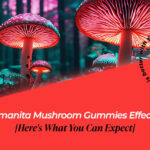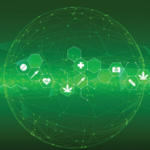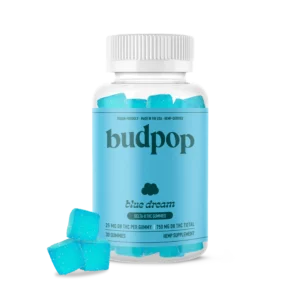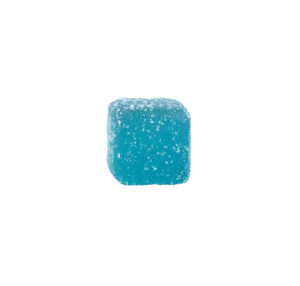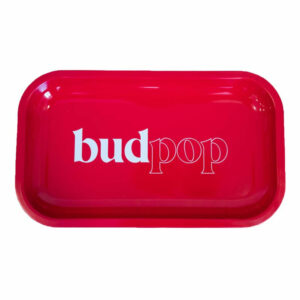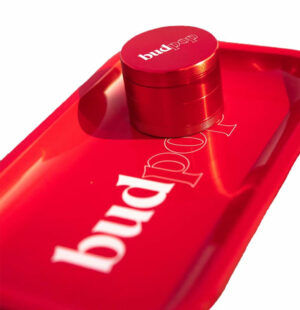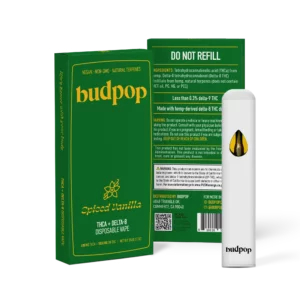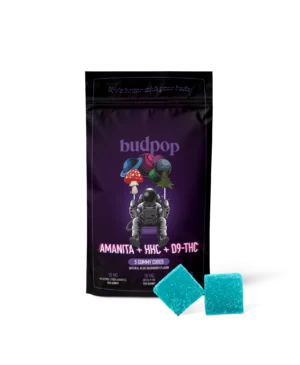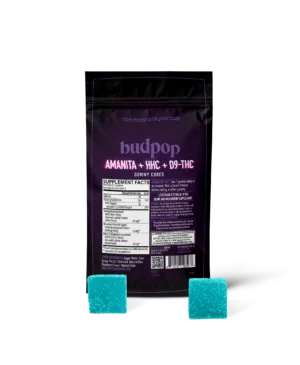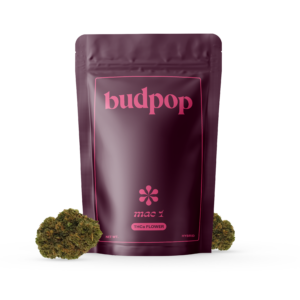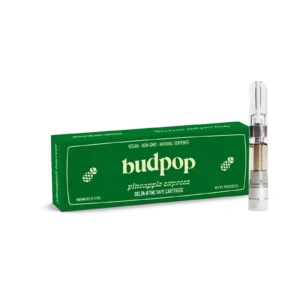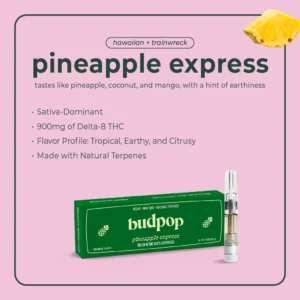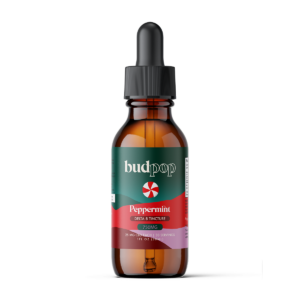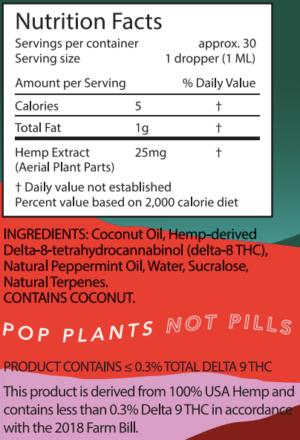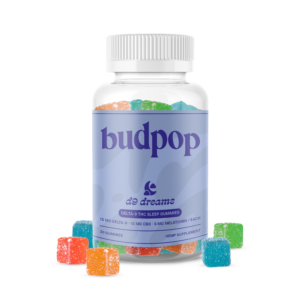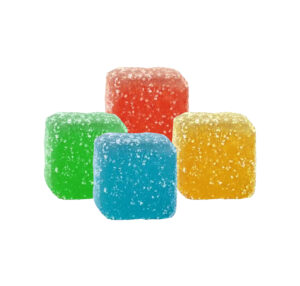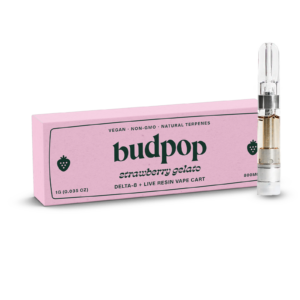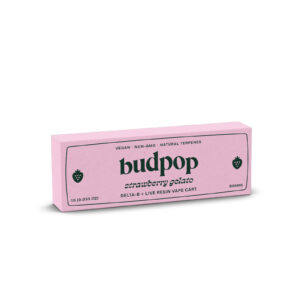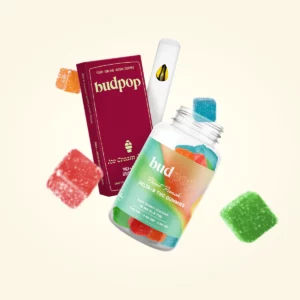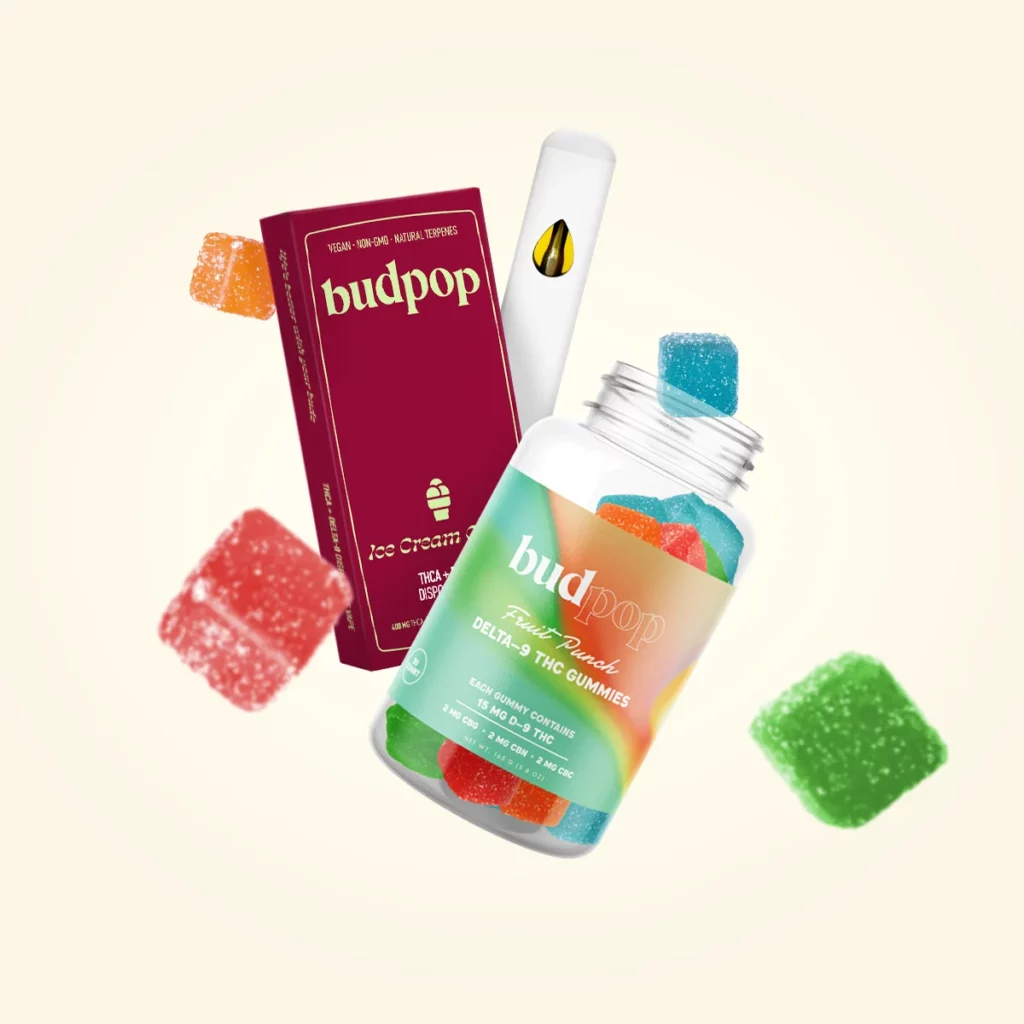![THCA vs THC [Discover Their Differences] thca vs thc](https://budpop.com/wp-content/uploads/2024/06/thca-vs-thc.jpg)
THCA vs THC [Discover Their Differences]
These days, if you go on a cannabis website, you will see various cannabis products for sale. Variety is great, but it’s difficult to determine which product is best for your needs. THC and THCA are two popular products. But what are their effects and do THCA and THC differ? This article will review THCA vs THC so you know the difference.
To break it down, THCA is a precursor of THC. It is a non-psychoactive cannabinoid found in the cannabis plant. When heat is applied, it transforms into THC which has euphoric effects. But that’s only part of the story. Come with us as we take an in-depth look at THCA vs THC so you can determine which will best address your wellness issues.
THCA vs THC: What’s the Difference?
What is THC?
THC (Delta 9 THC, Delta 9, D9 THC, or D9) is a naturally occurring cannabinoid known for its euphoric effects. The cannabinoid naturally occurs as THCA, an acidic precursor, and must be converted into THC.
THCA converts into THC via a process called decarboxylation. This process can happen naturally over time, however, decarboxylation occurs when heat is applied to THCA. Decarboxylation works by removing one carboxylic acid group from the cannabinoid. The result is THC.
It binds tightly to the cannabinoid receptors to produce therapeutic and intoxicating effects.
People who use THC may experience the following therapeutic benefits:
- Relief of physical discomfort
- Reduced anxiousness
- Better sleep
- Lower joint swelling and better mobility
The compound may also produce the following psychoactive effects:
- Increased euphoria
- Misperception of space and time
- Visual illusions
- Judgment issues
- Paranoia and anxiety
Dose carefully to ensure you don’t overdo it.
What is THCA?
THCA is a non-psychoactive precursor to THC. It is found in its natural state in the cannabis plant. It will convert into THC when heat is applied.
Before it is converted, it has an extra carboxylic acid group. The structure is what prevents it from providing psychoactive effects. Once the group is removed, it is converted into THC and takes on intoxicating effects.
Although THCA converts easily, you can use it in its raw cannabis form. It provides many of the same potential benefits as THC without the psychoactive effects. It may:
- Reduce inflammation
- Reduce nausea and vomiting
- Lower inflammation
- Reduce anxiousness
- Provide pain relief
- Address some medical conditions
THCA vs THC Functional Differences
The biggest difference between THC and THCA is the psychedelic effects. THCA is nonpsychotic and therefore much more functional than THC.
It will not get in the way when you are trying to work. It will enhance productivity. You can even use it in the office, and before you talk to your parents! You can’t say the same of the well-known psychoactive compound THC.
THCA converts into THC through a process called decarboxylation. Decarboxylation can occur over time, but for faster results, heating will do the trick. So, if you smoke THCA, the heat of the lighter will convert it. Baking THCA for edible consumption can also convert it.
The conversion process is simple, but experts recommend decarboxylating weed under optimal time and temperature circumstances. THCA should be heated at 200 to 240 degrees for about 30 minutes for decarboxylation purposes. The longer you heat it, the more potent it will be.
However, if you heat it too long, you can destroy the terpenes and compounds and make the cannabis buds ineffective.
Benefits of THCA
When THC, THCA, and other cannabinoids enter the body, they react with cannabinoid receptors in the endocannabinoid system or ECS to produce specific results. The ECS is responsible for mood, temperature, hunger, sleep, immunity, and other important bodily functions.
There are two types of cannabinoid receptors, the CB1 receptor and the CB2 receptor. The CB1 receptor affects mood. It interacts with cannabinoid compounds to produce intoxicating effects. The CB2 receptor controls immunity.
THCA enters the body and reacts with cannabinoid receptors to produce the following effects.
Relaxation
THCA boosts relaxation. It increases feel-good chemicals like dopamine and serotonin to reduce stress and anxiety. It relaxes the muscles to provide a calming state.
Joint Swelling
The raw cannabis interacts with CB2 receptors to reduce joint swelling and related discomfort symptoms. Its ability to reduce inflammation makes it a promising treatment for inflammatory diseases that range from arthritis to inflammatory bowel disease.
Neuroprotective Properties
THCA may help to protects the brain in two ways. First, it may help to reduce swelling. Inflammation is often tied to cognitive issues like Alzheimer’s, dementia, and Parkinsons.
The raw cannabis plants are also rich in antioxidants. Antioxidants protect brain cells from free radicals that accelerate aging. They keep the brain healthy.
Seizures
THCA and other cannabinoids are known for reducing seizures in people with rare forms of epilepsy. Cannabis plants are approved as an epilepsy medication ingredient.
Pain Relief
The compound’s ability to reduce inflammation also produces pain relief. It is often used to improve the quality of life in people dealing with chronic pain issues.
Benefits of THC
THC also works with the ECS to produce various therapeutic benefits including:
Lowers Stress and Anxiety
Like THCA, THC boosts dopamine and serotonin levels to reduce stress and anxiety. It may be a promising alternative to anti-anxiety medications due to its reduced risk of side effects.
Improved Sleep
THC’a ability to reduce stress and anxiety can improve sleep. Indica strains are especially effective in boosting relaxation.
Reduced Pain
THC interacts with CB2 receptors in the ECS to reduce pain and inflammation.
Treats Nausea
The compound’s potential therapeutic benefits also include its ability to reduce nausea. It is a suitable treatment for people who are dealing with nausea due to chemotherapy and other medications and conditions.
Improves Appetite
THC improves appetite in two ways. It enhances our senses so food tastes and smells better. It also increases the production of the hormone ghrelin which produces feelings of hunger.
Many of us don’t need an increase in appetite, but the effect can be useful to people who have lost their appetite due to medications and medical conditions.
THCA vs THC: Consumption Methods and Directions to Use
Edibles
Edibles are an effective way to consume THCA and THC. Note, if you are consuming a baked edible, it will have been heated and converted into THC.
You must be careful when using edibles. They go through your digestive system so they take longer to hit. But when they hit, they hit hard. Don’t take more until you know how your initial dose affects you.
Capsules
Capsules are a convenient way to enjoy cannabis products. They offer predosed convenience. They are easy to take. Talk to your doctor or budtender to determine the ideal capsule dosage.
Oil
Oils are typically administered under the tongue. They often contain various cannabis compounds and terpenes to provide a full spectrum effect. The dropper allows you to measure your dosage so you know exactly how much THC you’re consuming.
Vapes
Vapes are convenient and discreet. As a smokable product, they will hit fast. Their flavors and aromas hide the smell of weed.
Most vapes are easy to use. Just hit the button, inhale, and you are good to go. Monitor what you inhale to control the dosage.
Flower
Flower is an ideal option for people who like smoking cannabis. You can add flower to joints, pipes, and bongs. The weed will hit quickly and provide potent effects.
THC vs THCA Legal Status
There are various laws concerning THCA and THC. The first is the Farm Biil.
According to the Farm Bill, cannabis is not a controlled substance as long as it is hemp-derived and contains a THC content of 0.3% or less. THCA meets these guidelines while THC does not.
However, the fact that THCA converts into THC puts it in a legal loophole. Some states address this loophole by only allowing THCA that converts into low-content THC. However, monitoring this characteristic can be difficult.
Things get even more complex when you consider state laws. State laws on cannabis vary. Some states align with the Farm Bill. Others are okay with higher-content weed. Still others ban all THC products.
Research the laws in our state to ensure you stay out of trouble.
Why Choose Budpop for THC and THCA?
Budpop is a top choice for THC and THCA products. We offer:
- Reliable packaging: We offer tamper-proof packaging which lists our ingredients for optimal transparency.
- Customer Support: Questions? Concerns? We can address all issues via our phone and email services.
- Forms Available: We offer a wide selection of cannabis products including THC, THCA, THCP, CBD, amanita mushrooms, and more. We carry vapes, edibles, prerolls, tinctures, and live resin.
- Ingredients: We offer a combination of high-quality weed and all-natural ingredients. You can feel good about using our products.
FAQs on THCA vs THC
What percentage of THCA is high?
High THCA products will have cannabis levels of 25% or more.
What is different about THCA?
THCA varies from other cannabis products because it is non-psychoactive. It differs from THC in its chemical structure.
Is THCA as potent as THC?
Most people would say THC is more potent than THCA because of its psychoactive effects. However, it can be just as potent considering its therapeutic benefits. Dosage amounts, potency, and cannabinoid and terpene content will also alter the compound’s effects.
What percentage of THCA is converted into THC?
If decarboxylation is performed properly, 100% of THCA may be converted into THC.
What’s the difference between THCA and THC?
THCA is the non-psychoactive precursor of THC. It also has a different chemical structure.
Is THCA the same as THC?
No, THCA is the converted form of THC. Unlike THC, it does not have psychoactive properties.
Which is more popular, THC or THCA?
THC is more well-known than THCA. However, THCA is growing in popularity every day.
Is THCA natural or synthetic?
THCA is natural. It is raw cannabis found in the cannabis plant. It does not require any processing to enhance its effects.
Final Thoughts – THCA vs THC [Discover Their Differences]
Understanding the differences between THCA and THC is crucial for anyone interested in cannabis products. THCA, a non-psychoactive precursor to THC, converts into THC through a process called decarboxylation when exposed to heat. While THC is known for its euphoric and intoxicating effects, THCA offers many of the same therapeutic benefits without the euphoria, making it suitable for those who want to maintain productivity and functionality.
Both THCA and THC interact with the endocannabinoid system to provide various health benefits, such as reducing inflammation, alleviating pain, and improving sleep and mood. THCA stands out for its non-psychoactive properties, making it ideal for daytime use, while THC’s psychoactive effects can enhance relaxation and euphoria. Knowing the unique characteristics and benefits of each compound helps consumers make informed choices based on their individual needs and lifestyle.
![THCA vs THC [Discover Their Differences] cannabis plants closeup](https://budpop.com/wp-content/uploads/2024/05/cannabis-plants-closeup.jpg)
![THCA vs THC [Discover Their Differences] man exhaling smoke](https://budpop.com/wp-content/uploads/2024/05/man-exhaling-smoke.jpg)
![THCA vs THC [Discover Their Differences] budpop thca flower](https://budpop.com/wp-content/uploads/2024/06/thca-flower-blog-cta-1024x938.jpg)
